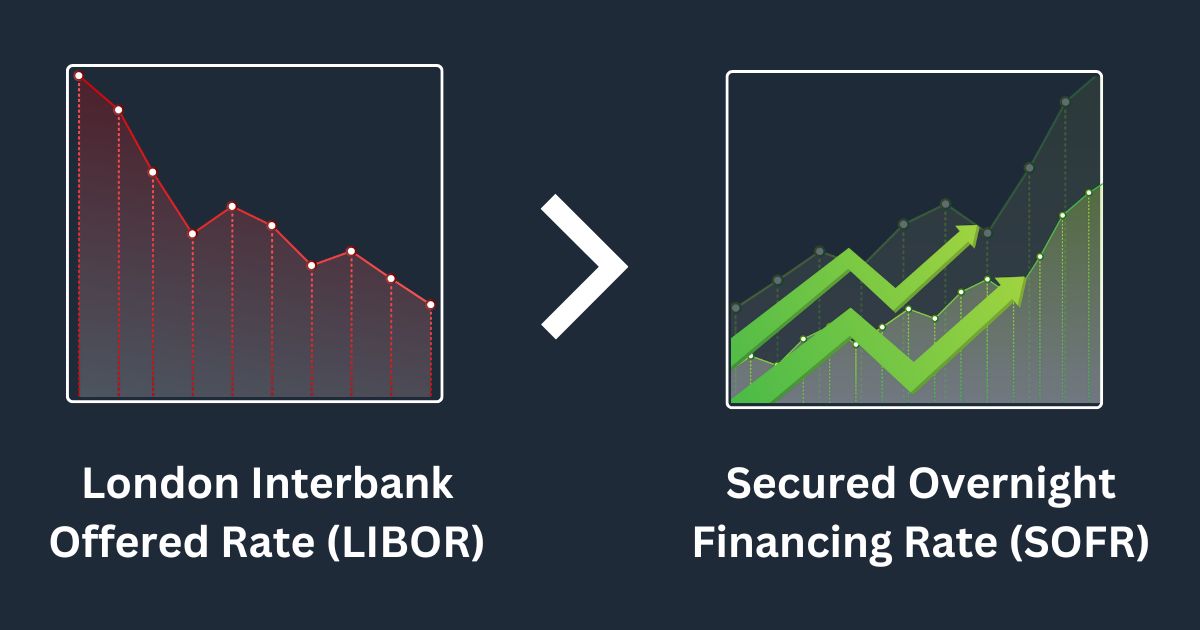The Reserve Bank of India (RBI) has recently introduced stringent regulations on project financing, signaling a shift towards more rigorous oversight in the infrastructure sector. As a leader in the fintech industry, OneNDF is closely monitoring these developments to better assist our clients through these changing financial landscapes.
Why the Change?
The RBI’s decision stems from concerns over “incipient risks” within the banking sector, which have been accumulating over time. The infamous collapse of Infrastructure Leasing & Financial Services (IL&FS) and the subsequent stress in the banking sector have been wake-up calls. In response, the RBI aims to mitigate these risks by ensuring that banks and financial institutions enforce stricter lending standards.
Also Read: Why You Should Not Expect Any Rate Cut Decision By RBI Anytime Soon
Key Elements of the New RBI Guidelines on Project Finance
- Higher Provisioning: The most notable change is the increase in provisioning for loans during the construction phase of a project, where banks are now required to set aside up to 5% of the loan exposure. This marks a significant rise from the previous standard asset provisioning of 0.4%, intended to safeguard banks against potential defaults.
- Stricter Loan Classification: Projects delayed beyond six months of the scheduled completion date must now be classified as non-performing assets (NPAs). This aims to prevent the misclassification of non-performing loans as standard assets, which can obscure the true health of a bank’s loan book.
- Consortium Lending Norms: The RBI has also specified minimum exposure levels for banks involved in consortium lending, ensuring that risk is appropriately distributed among multiple lenders.
The Reaction from Banks
Banks have expressed concerns that these new guidelines will restrict their ability to fund large-scale infrastructure projects. The higher capital requirements during the construction phase could potentially slow down the approval process for new projects, impacting the overall growth of the infrastructure sector.
How OneNDF Can Help
At OneNDF, we understand the complexities these new regulations bring to our clients and the broader market. Here’s how we can assist:
- Financial Advisory: Our team can provide insights into how these changes could impact your specific projects and offer strategies to manage increased costs due to higher provisioning.
- Loan Structuring: We can help structure your financing in a way that aligns with the new norms while optimizing your funding costs.
- Risk Management: Our experts can assist in evaluating and mitigating risks associated with project delays and reclassification of loans as NPAs.
Moving Forward with Confidence
The RBI’s new regulations on project finance represent a significant shift towards greater financial stability in the infrastructure sector. While these changes may pose challenges, OneNDF is here to guide and support businesses in adapting to these new realities. By leveraging our expertise and resources, we can help turn these regulatory challenges into opportunities for growth.
For more detailed insights and to discuss how we can assist you with your specific needs, visit our website or contact our expert team.
















